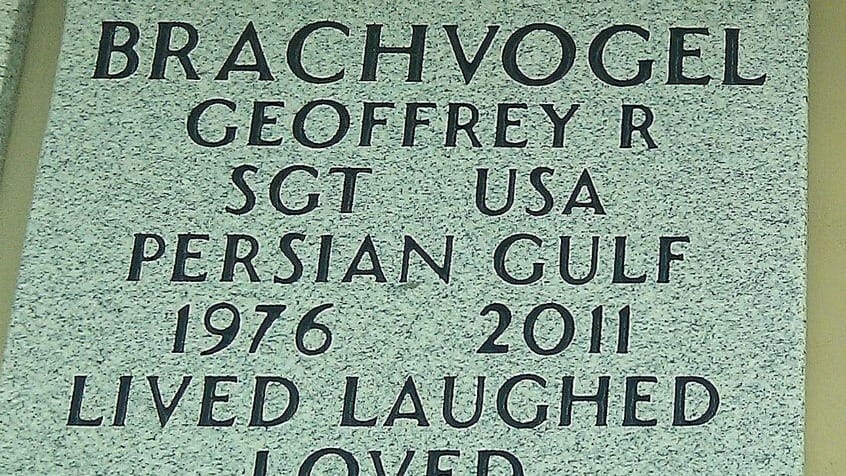Yet Another Study Underscores Veteran Suicide Problem
A new study by Annals of Internal Medicine reveals that suicide rates among US military personnel almost doubled between 2001-2011. The report aims to understand suicide trends and improve prevention strategies for this growing concern among military units.

Just one week after CaregiverRelief reported the results of a JAMA Psychiatry study showing veteran suicide attempts are on the rise in the U.S. military, yet another study has demonstrated similar findings.
“Suicide is a leading cause of death worldwide and a growing concern among those serving in the U.S. military, where overall suicide rates almost doubled between 2001 and 2011,” Annals of Internal Medicine reports in a news release. “Understanding suicide trends among military units and the nonclinical factors associated with chosen suicide methods may help improve suicide prevention strategies.”
The good news is that research is finally looking into this national epidemic. The bad news is that so many service people already have lost their lives to suicide, not only soldiers with PTSD or moral injury (who have combat scars of the mental kind), but even among non-combat servicemen like Army Sgt. Geoff Brachvogel.
Sgt.Brachvogel is the son of Diane Carbo, purveyor of this site. She is writing a book that lists numerous VA blunders, the disrespectful ways her son was treated by military doctors while trying to seek help for a rare pain condition, and even a previous suicide attempt that went unchecked.
Memorial Day Disgrace: Veterans Killing Themselves, Not Getting the Help They Need
“Suicide prevention programs have become ubiquitous among military units; identifying temporal trends and nonclinical factors associated with the chosen suicide methods may help improve suicide prevention strategies,” the authors write in the study’s abstract.
Lead author Andrew Anglemyer and colleagues concluded that 1,455 military personnel committed suicide from 2005 to 2011. From 2006 to 2011, the rates were highest among army personnel (19.13 to 29.44 cases per 1,000).
The authors point out that the study has a glaring limitation: “Results are generalizable only to enlisted personnel and reflect only stateside suicides. Data regarding previous psychiatric illness, deployment history, and firearms ownership were lacking.”
Still, the results suggested that among army personnel or marines who committed suicide, those with infantry or special operations job classifications were more likely than those in non infantry positions to use a firearm. “These results may help inform policymakers and advisors about differences in risks of suicide and violent suicide among the armed services and may help guide efforts to prevent self-harm within the military.”
Coming tomorrow: Complicated grief – what is it, and how can people get help? I’ll have the results of a brand new study, exclusively for Caregiver Relief.

Our Resources section can help you find the information and tools that you need. We have courses, videos, checklists, guidebooks, cheat sheets, how-to guides and more.
You can get started by clicking on the link below. We know that taking care of a loved one is hard work, but with our help you can get the support that you need.
Click here to go to Resources Section now!
You might also like this article:







